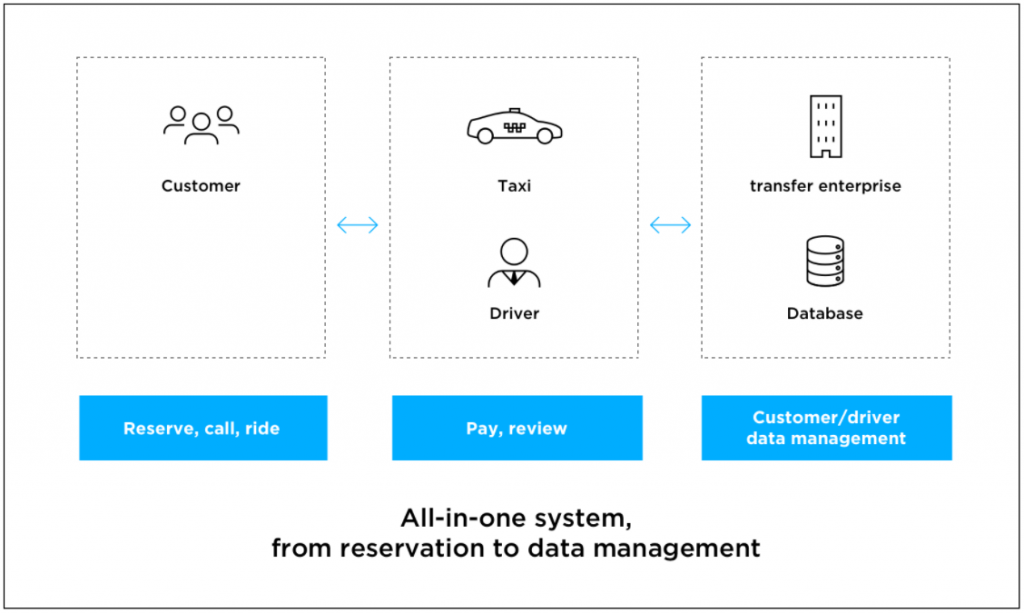Fleet management refers to basic systems that provide vehicle surveillance which help manage and operate modern vehicle fleets. There are two main categories in a fleet management system (FMS): off-line and on-line FMS. An off-line FMS takes care of data that are recorded inside the vehicle, then processed and subsequently evaluated. On the other hand, an on-line FMS handles real-time information and data evaluation that happens when all the vehicles are connected on-line to a computer server. Generally, FMS covers the practices of overseeing, organizing, and recording all aspects of the fleet with commanding tasks such as vehicle maintenance and acquisition, driver and fuel management, health and safety management, and vehicle tracking and diagnostics. Because this needs quite a bit of oversight, in every fleet management system, there are fleet managers who carry out the logistics in the transportation industry.
Let’s look more closely at the challenges that fleet managers face and the functions an FMS has to offer.
Vehicle Maintenance and Acquisition
The role of fleet managers in vehicle acquisition might include, but are not limited to, evaluating changes to vehicle legislation, determining purpose and sustainability of vehicles, negotiating deals with vehicle manufacturers, and balancing fuel consumption, tax, and insurance costs, in addition to regulating employee expectations and safety. On top of that, it is necessary that the managers consider the re-sell value of vehicles that need to be unloaded. Budget allocation and keeping up to date with legislations are constant struggles for fleet managers.
Driver Management
While the FMS in the past were used mainly by the motor-carrier industry, such as trucking and shipping companies, it is now widely used by taxis and transportation services for people with disabilities, making fleet driver management essential for fleet management companies (FMCs). Through effective driver training, FMCs not only reduce costs while maintaining the same level of service, but also ensure the safety for both the transportation service provider and customer. Additionally, as fleet management has become more passenger-centric, dealing with disputes, differences of opinion, and managing conflicts have been newly added to the long list of responsibilities of a fleet manager.
Fuel Management
One of the biggest reasons that companies implement an FMS is to boost productivity and grow business. Fleet management achieves this by establishing fleet performance, keeping overall costs low, monitoring maintenance, and carrying out optimal operations for companies. Now, for most fleets, fuel consumption is the highest cost variable, and in a time when fuel prices are ever-increasing, a fleet manager’s role of balancing fuel cost is paramount to their job. It is their responsibility to evaluate and level out the types of fuel when adding new vehicles to the fleet, while working on fuel savings management.
Health and Safety Management
The annual accident rate for commercial fleets is around 20%. The rate gets even higher for industries such as pharmaceuticals because of the incomparable number of miles their fleet drivers must travel per year. Therefore, safety is one of the toughest challenges that fleet managers face, for both the driver and the vehicle. The fleet safety program that fleet managers govern establishes policies and plans that are necessary to help ensure a safe work environment for employees and protect against liability from vehicle accidents.
Vehicle Tracking and Diagnostics
In most modern vehicle fleets, an Automatic Vehicle Locator (AVL), also known as a vehicle tracking device, is embedded to send the positioning information on-line to a central computer server. Fleet managers receive vehicle technical information such as fuel tank level, engine revolution, amount of fuel use, etc. to keep track of the vehicle condition and ultimately ensure safety of both the driver and vehicle.

In the past, fleet management was implemented mostly by industrial sectors such as trucking companies and fleet managers documented everything using pen and paper; however, the possibilities and role of technology has been evolving at an exponential pace, and have made it possible for fleets to generate even more data, expanding the role of fleet managers. Moreover, due to the increased accessibility of transportation that has now become an essential part of public life, fleet management has developed to become more passenger-focused. The implementation of FMS in day-to-day taxi fleets and transportation services for people with disabilities or mobility challenges are examples of the fast-changing automotive landscape.
Therefore, it is crucial for businesses with vehicle fleets to incorporate a software-based fleet management system that can help managers oversee the growing amount of data, resulting in reduced interruption and improved productivity.
Learn more about AUTOCRYPT’s fleet management solutions here.



